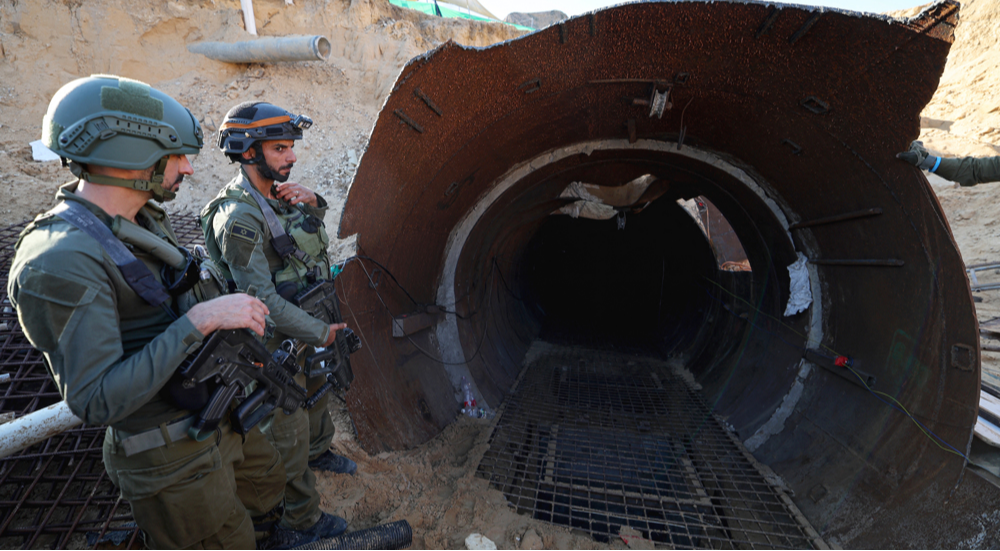The mother of a slain Israeli soldier says the regime’s forces gassed her son to death while he was being held in a tunnel in Gaza, raising speculations about the regime’s increasing use of Hannibal Directive.
The mother of Ron Sherman, one of the soldiers held captive by the Palestinian resistance movement Hamas in Oct 7, 2023, said in a post on Facebook that her son was “indeed murdered—not by Hamas.” It was the Israeli military who killed her son in Gaza, she said.
Maayan Sherman said that the killing of her son was caused “not from accidental gunfire, nor from crossfire, but from premeditated murder – bombing with poison gas.” “Ron was kidnapped because of the criminal negligence of all the senior officials of the army and this damned government,” she wrote.
Her son’s body, alongside two other soldiers, was recovered from a tunnel in Gaza in December. Sherman had “several crushed fingers, apparently due to his desperate attempts to escape the poison grave that the IDF dug for him when he tried to breathe fresh air, but only breathed IDF poison,” said the mother, using an acronym for Israeli military forces.
Her remarks raise speculations about a policy of the regime to kill its own soldiers, who have been held captive by Hamas, in order to prevent prisoner swaps. The Hebrew edition of Israel’s newspaper Yedioth Ahronoth said in a report last week that Israel ordered its military forces to implement a controversial procedure, which allows killing of its own civilians and soldiers held captive, in the wake of Hamas Operation Al-Aqsa Storm, on October 7th.
The procedure, known as Hannibal Directive, is an Israeli military protocol that stipulates the use of maximum force to prevent the capture of soldiers at all costs — even at the cost of the death of the soldier.
The reports now raise questions about the deaths of many Israeli captives, who were initially presumed taken captive by Hamas, but whose bodies were later discovered near the border with Gaza.


